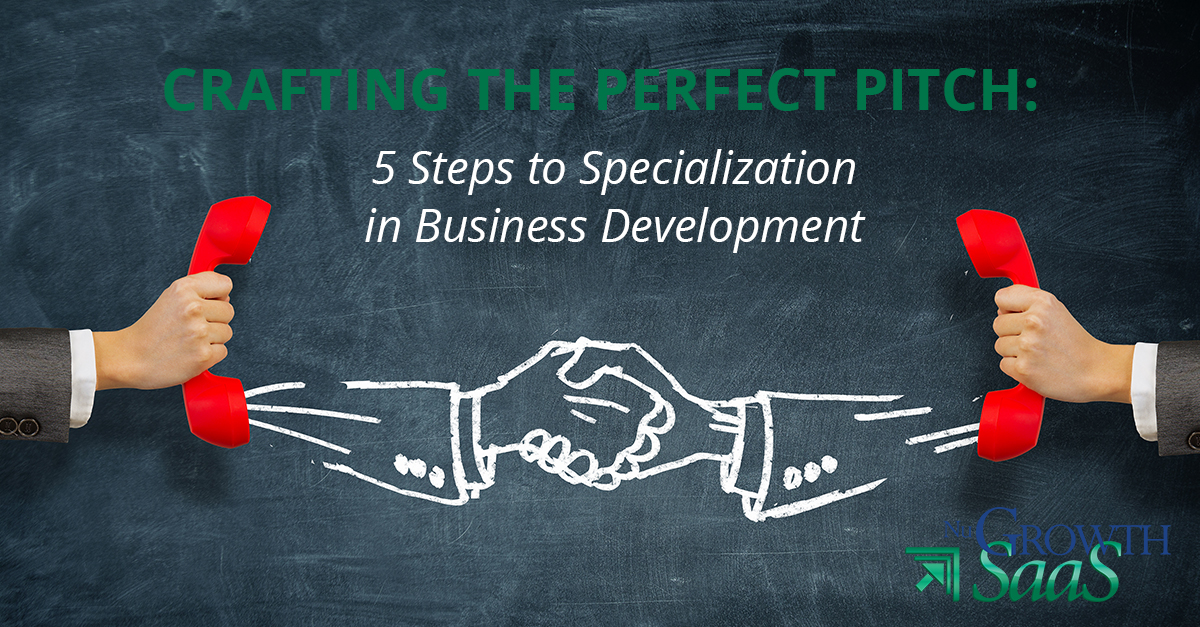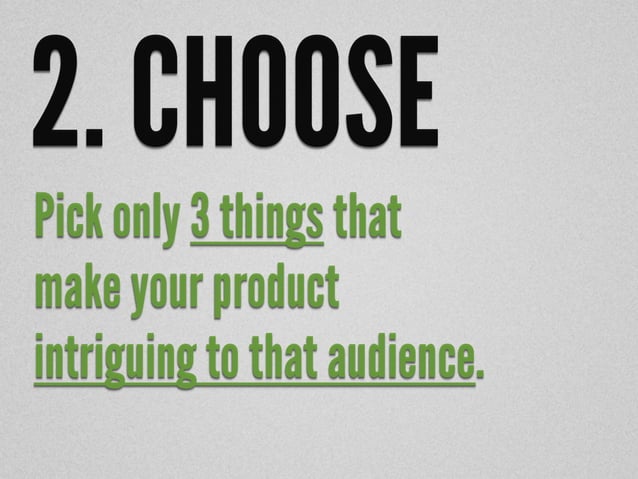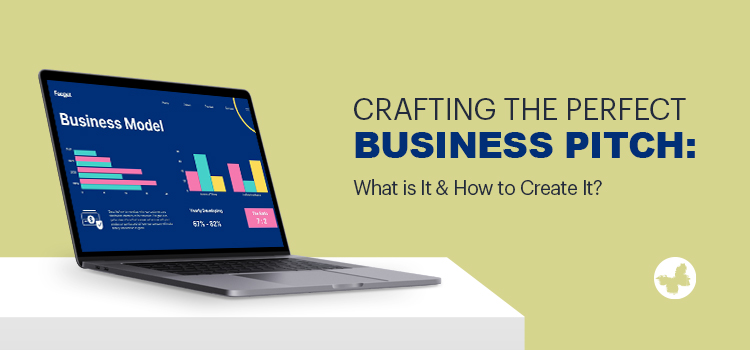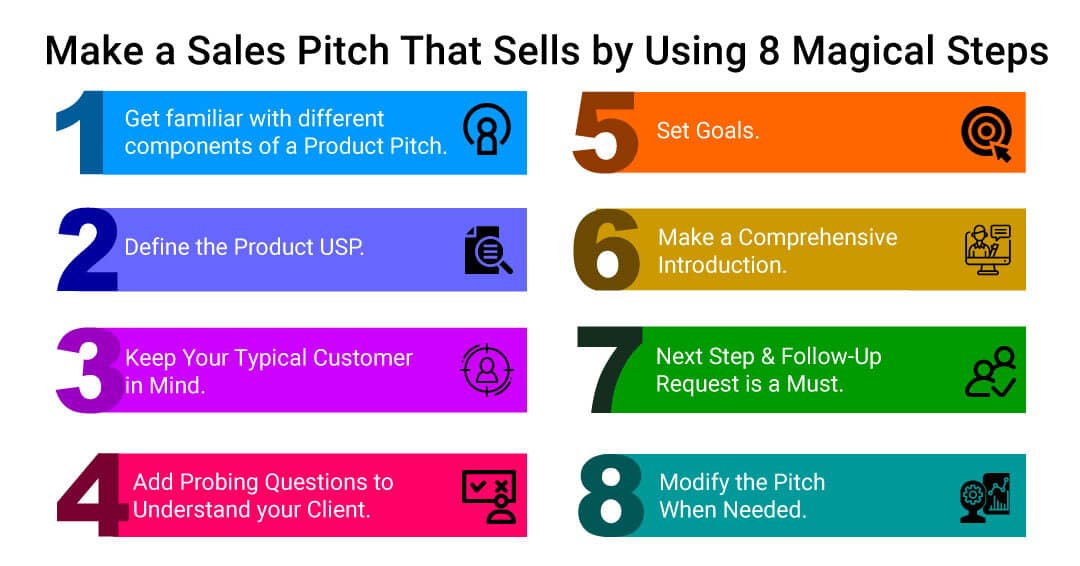Crafting the Perfect Pitch: Unveiling the Power of Your Product

You’ve poured your heart and soul into crafting a product or service that you believe in. Now, the challenge is to bring it to life for your ideal customer. This isn’t just about listing features; it’s about showcasing the transformative impact your offering can have on their lives.
To do this, we need to understand your product and your customer intimately. Let’s start by building a strong foundation:
1. Define Your Ideal Customer Persona:
Imagine your ideal customer. Who are they? What are their pain points? What are their aspirations?
- Demographics: Age, location, income, occupation, education level, family size, etc.
- Psychographics: Lifestyle, values, interests, hobbies, personality traits, etc.
- Behavioral Data: Online activity, purchase history, brand preferences, etc.
- Pain Points: What challenges do they face? What frustrations do they experience?
- Aspirations: What do they hope to achieve? What are their dreams?



2. Uncover Your Product’s Unique Selling Proposition (USP):

What makes your product or service stand out from the competition? What problem does it solve that others don’t?
- Feature Differentiation: What unique features does your product possess?
- Benefit Differentiation: What specific benefits do these features offer?
- Competitive Advantage: How does your product outperform the competition?


3. Identify Key Features and Benefits:
Now, let’s bridge the gap between your product’s features and your customer’s needs. For each feature, identify the corresponding benefit it delivers.

Example:
| Feature | Benefit | Customer Pain Point |
|---|---|---|
| Durable, weather-resistant pavers | Long-lasting, low-maintenance outdoor space | Frustration with constantly replacing damaged patio materials |
| Wide range of colors and styles | Personalized outdoor design that reflects their style | Desire for a unique and aesthetically pleasing outdoor space |
| Easy installation process | Cost-effective and time-saving DIY project | Limited budget and desire to save on professional installation costs |
4. Connect Features to Benefits with Compelling Stories:
Don’t just list features; tell stories that showcase how those features solve your customer’s problems and help them achieve their goals.
Example:
- Instead of: "Our pavers are durable and weather-resistant."
- Say: "Imagine spending less time maintaining your patio and more time enjoying it with family and friends. Our pavers are built to withstand the elements, ensuring years of worry-free enjoyment."
5. Emphasize the "Why It Matters" Factor:
Go beyond the "what" and the "how" to the "why." Explain how your product will improve your customer’s life.
Example:
- Instead of: "Our pavers are easy to install."
- Say: "With our easy-to-install pavers, you can create the outdoor oasis of your dreams without breaking the bank or calling in a professional. Take control of your project and enjoy the satisfaction of creating something beautiful with your own hands."
6. Use Visuals to Enhance Your Message:
High-quality images and videos can bring your product to life and capture your customer’s attention.
- Show your product in action: Showcase how your product is used in real-life scenarios.
- Highlight key features: Use visuals to illustrate the unique aspects of your product.
- Create a sense of emotion: Use visuals to evoke feelings of joy, excitement, or inspiration.
7. Use a Clear and Concise Language:
Avoid jargon and technical terms that your customer may not understand. Use language that is easy to understand and relatable.
8. Focus on Customer-Centric Language:
Use "you" and "your" to make your message personal and engaging. Focus on the benefits your product offers to the customer, not just the features of the product itself.
9. Create a Call to Action:
Tell your customers what you want them to do next.
- Visit your website: "Learn more about our pavers at [website address]."
- Contact you for a consultation: "Schedule a free consultation to discuss your outdoor design needs."
- Make a purchase: "Order your pavers today and start creating your dream outdoor space."
10. Continuously Refine Your Message:
The key to effective communication is to constantly test and refine your message. Track your results and adjust your approach based on customer feedback.
Beyond the Basics: Building a Powerful Brand Story
Once you’ve mastered the fundamentals of product marketing, you can take your communication to the next level by building a compelling brand story.
- Establish a Brand Identity: What are your brand values? What is your unique personality?
- Craft a Brand Narrative: Tell a story that connects your brand to your customer’s aspirations and emotions.
- Use Storytelling Techniques: Use metaphors, analogies, and anecdotes to make your message memorable and engaging.
- Create a Consistent Brand Experience: Ensure that your brand story is consistent across all your marketing channels.
Remember, effective product marketing is a continuous process. By understanding your customer, highlighting your product’s unique value, and telling a compelling story, you can create a message that resonates and drives sales.





